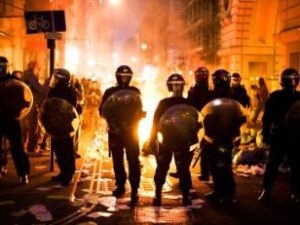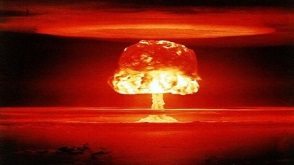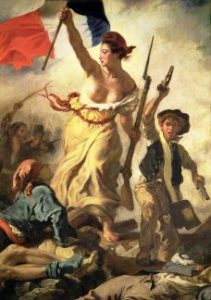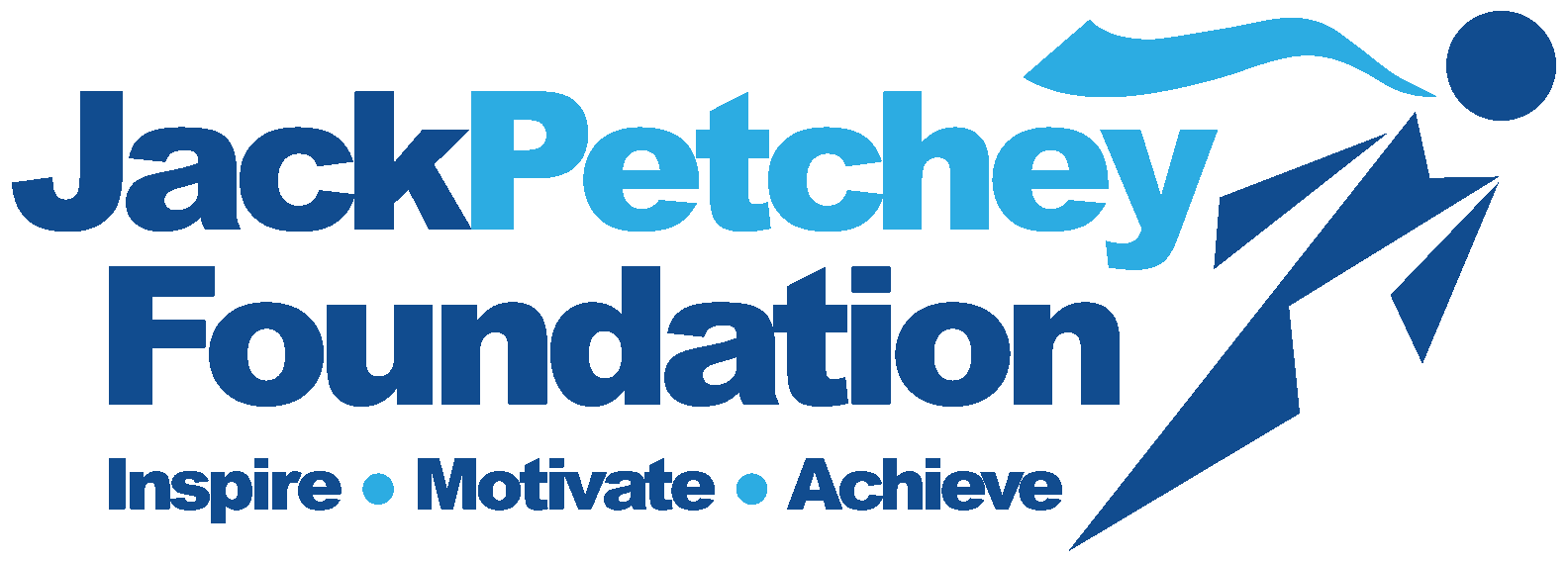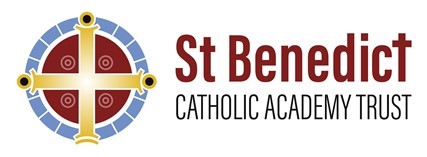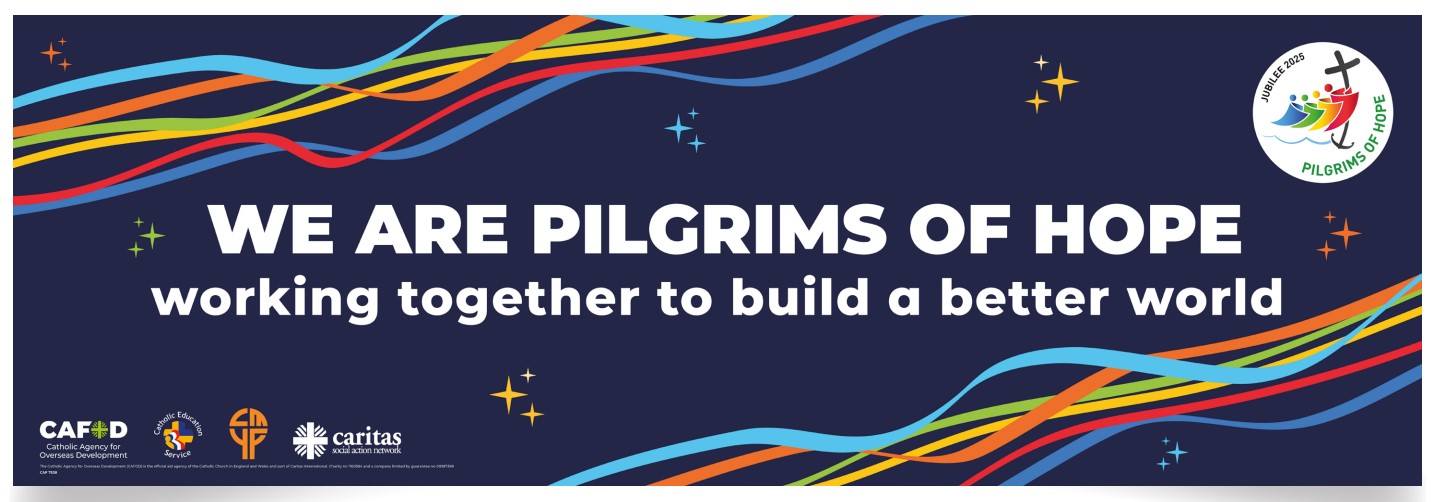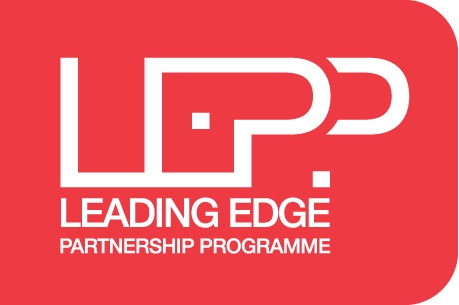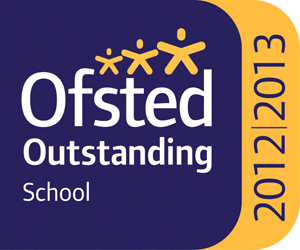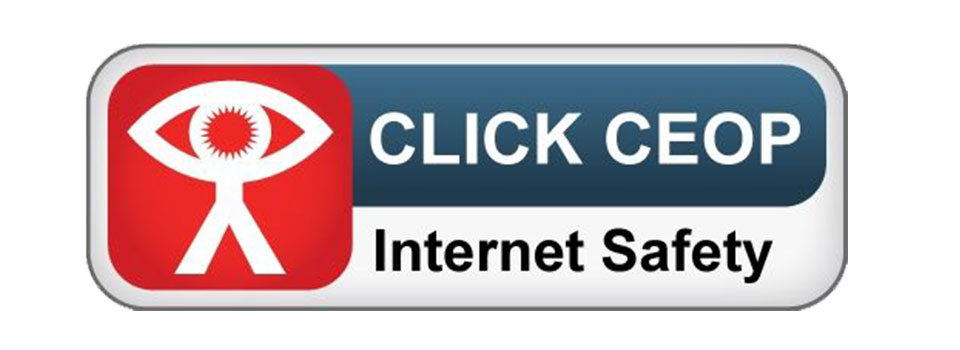A-Level History
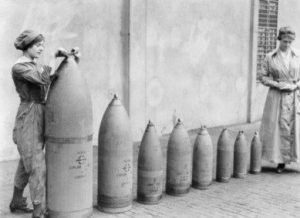
Key Stage 5 – A Level
(AQA)
This course is studied in 3 units split over 2 years
Challenge and Transformation: Britain, c1851–1964
(Exam 40% of Total)
This option allows students to study in breadth issues of change, continuity, cause and consequence in this period through the following key questions:
- How did democracy and political organisations develop in Britain?
- How important were ideas and ideologies?
- How and with what effects did the economy develop?
- How and with what effects did society and social policy develop?
- How and why did Britain’s relationship with Ireland change?
- How important was the role of key individuals and groups and how were they affected by developments?
The Cold War: c1945–1991
(Exam 40% of Total)
This option provides for the study in depth of the evolving course of international relations during an era of tension between communist and capitalist powers which threatened nuclear armageddon. It explores concepts such as communism and anti-communism, aggression and détente and also encourages students to reflect on the power of modern military technology, what hastens confrontation and what forces promote peace in the modern world.
Historical Investigation
(Coursework 20% of Total)
Origins of the French Revolution – 1681-1789
The purpose of the Historical Investigation is to enable students to develop the skills, knowledge and historical understanding acquired through the study of the examined components of the specification.
Through undertaking the Historical Investigation students will develop an enhanced understanding of the nature and purpose of history as a discipline and how historians work.
The Historical Investigation contributes towards meeting the aims and objectives of the A-level specification. In particular it encourages students to:
- ask relevant and significant questions about the past and undertake research
- develop as independent learners and critical and reflective thinkers
- acquire an understanding of the nature of historical study
- organise and communicate their knowledge and understanding in a piece of sustained writing



